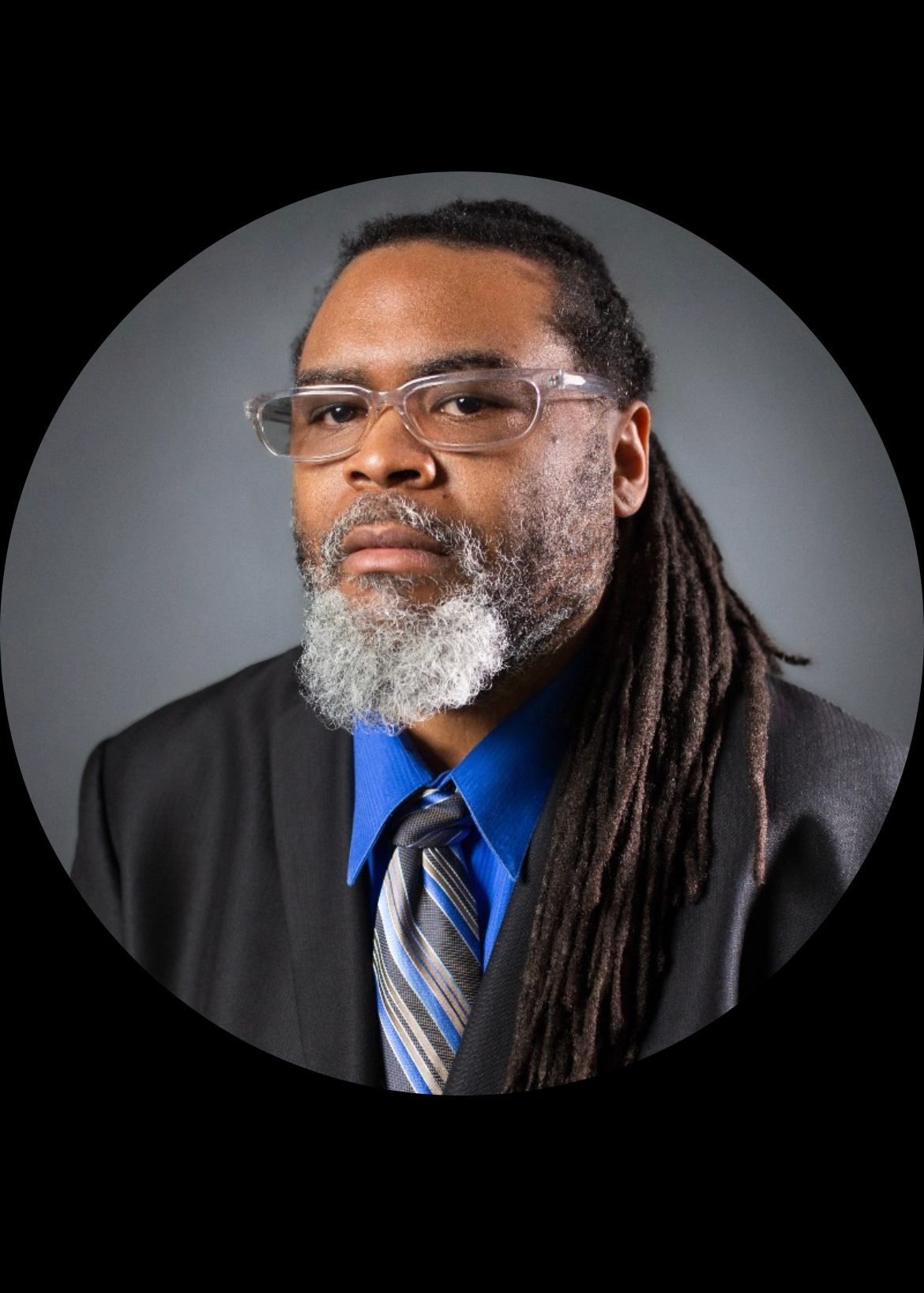Rodney Andrews was a professor in the economics department at University of Texas Dallas. He was a father, a husband, a son and more recently, a grandfather. He had an iconic aesthetic — glasses with massive salt and pepper dreadlocks and a NFL players physique. You couldn’t miss him. He radiated intelligence, seriousness and a manly steadiness. He died…
Keep reading with a 7-day free trial
Subscribe to Scott's Mixtape Substack to keep reading this post and get 7 days of free access to the full post archives.





